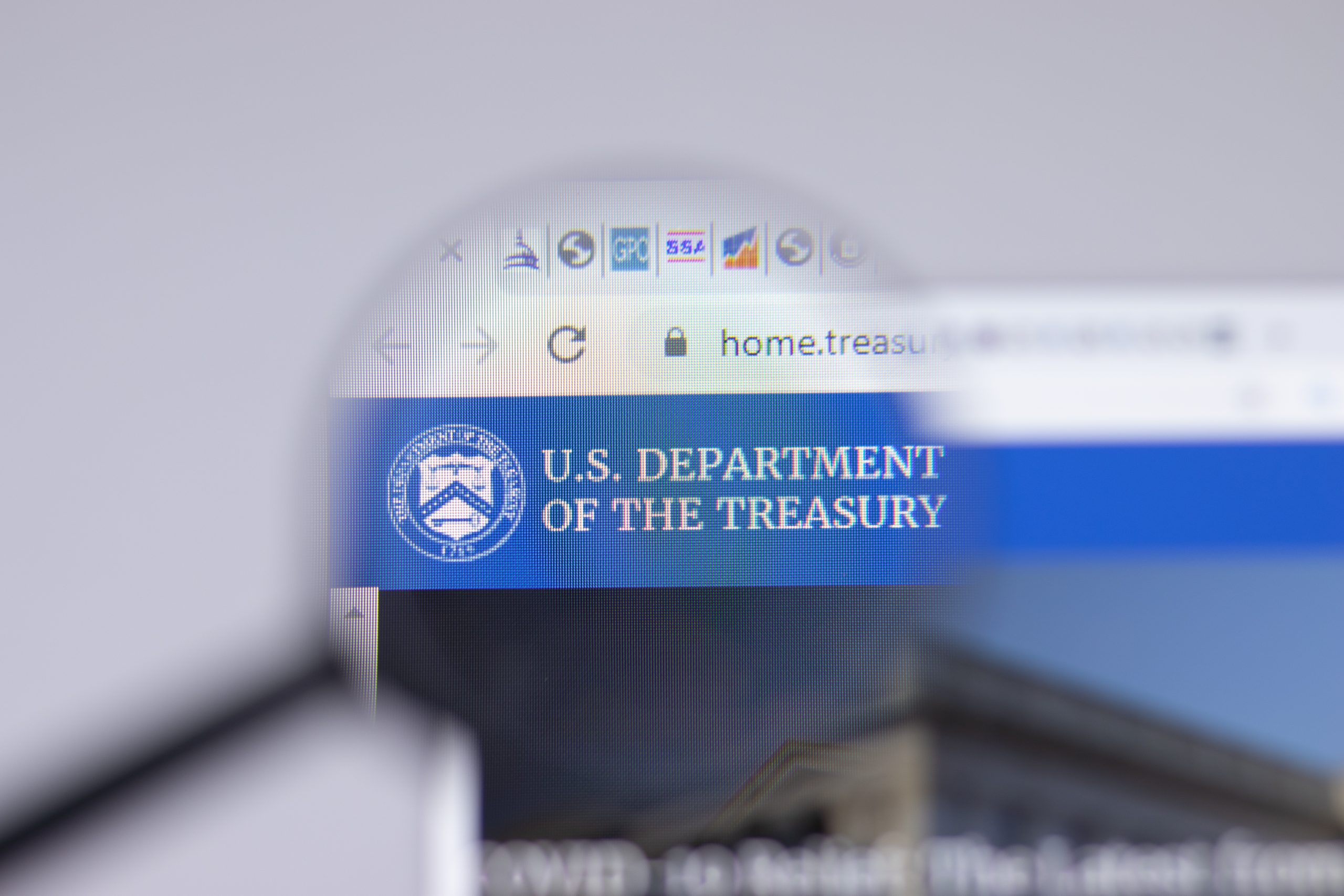At a pivotal moment when global financial markets are experiencing unprecedented shifts and innovation, the integrity of our national economic safeguards is paramount. The very notion of weakening the Treasury’s critical Office of Financial Research (OFR)—our nation’s essential early warning system—demands serious scrutiny, as such a move risks depriving the government of vital insights into complex financial landscapes and jeopardizing long-term financial stability.
The Office of Financial Research was specifically established in the aftermath of the 2007-09 Global Financial Crisis, created by Congress to serve as a nonpartisan, data-driven entity dedicated to monitoring vulnerabilities within the intricate financial system. Its analytical mission, distinct from a regulatory role, ensures a focus on deep technical expertise that the broader Treasury Department often lacks, making its continued operation indispensable for informed decision-making.
Critics argue that proposed budget cuts would severely hamper the OFR’s capacity to analyze swiftly evolving financial markets. This concern is particularly acute given the current climate of accelerating financial innovation and heightened economic uncertainty, where objective, data-driven risk analysis is more crucial than ever for effective financial regulation and policy.
Consider the explosive growth of private credit, an increasingly significant $2 trillion market expanding at 20% annually. While proponents suggest this shift from traditional bank lending to asset managers might reduce systemic fragility, any market of this scale and speed requires rigorous analysis. The OFR, alongside the Financial Stability Oversight Council (FSOC) and the Federal Reserve, has highlighted the opacity and potential risks within this sector, underscoring the urgent need for more comprehensive data and insights to understand its full implications for financial stability.
Furthermore, the emerging landscape of stablecoins and other digital assets presents another complex frontier. With Congress clarifying the regulatory framework through the GENIUS Act, a surge in stablecoin proposals from various entities is anticipated. While these digital innovations hold promise for businesses and consumers, they simultaneously introduce significant operational, liquidity, and cybersecurity risks that demand continuous, expert oversight.
The GENIUS Act itself reinforces the OFR’s critical role by requiring annual reports on stablecoin-related risks from the Federal Reserve and the Office of the Comptroller of the Currency to be submitted directly to the Office of Financial Research, including confidential data and assessments. This legislative directive clearly demonstrates Congress’s enduring recognition of the OFR’s specialized expertise in navigating new financial challenges.
Since its inception, the OFR has consistently demonstrated the power of its nonpartisan, data-driven approach. Its researchers were pioneers in mastering new datasets post-GFC, providing early warnings on complex issues like the Treasury-futures basis trade. Their proven track record underscores their unique ability to identify and analyze systemic risks long before they escalate into broader crises, thereby safeguarding the integrity of our financial stability framework.
In essence, the Office of Financial Research was designed for precisely these challenging economic times—when financial innovation is rapid, uncertainty mounts, and both markets and regulators require objective, expert risk assessments. Weakening this vital institution now would not only undo over a decade of significant progress but also leave the United States dangerously exposed, effectively “flying blind” just as the global financial weather grows increasingly turbulent, compromising our nation’s economic policy defenses.






Leave a Reply